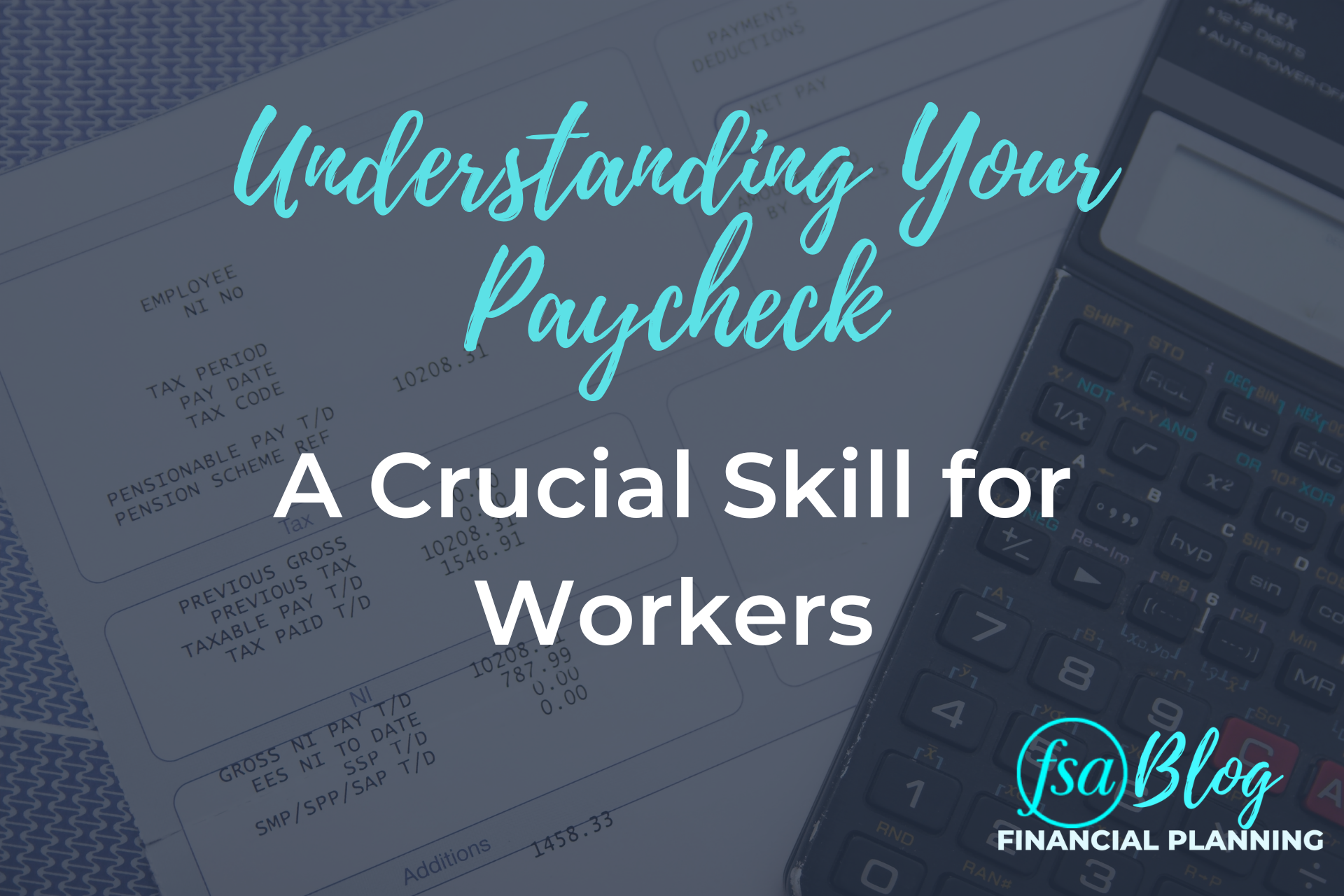Selecting the right financial advisor can make a big impact on your financial and personal life. That’s because selecting the right advisor can greatly improve your financial health and life in general (while also lowering your stress!). However, the wrong decision could erase years of hard work and potentially even have disastrous results.
Luckily, there are a few simple questions that you can ask during interviews to quickly vet your advisor and make sure that they are the right fit for you.
Let’s take a look at a few questions that you should be sure to ask when interviewing financial advisors.
How do you charge for your services?
First, make sure that their rates aren’t already on their website. If you can’t find them, be sure to ask during your initial talk. Inquire about things like:
- Are they a fiduciary? This means that they are legally bound to act in the best interest of their client.
- Do they charge a percentage for assets under management (AUM)?
- Is there an initial planning fee?
Since financial planning can get complicated, you want to be crystal clear how much their service will cost you. Asking questions like this can also help you determine whether or not they have an incentive to sell you certain products (in order to earn a commission).
For this reason, many people agree that a “fee-only” advisor is preferable so that your advisor has no conflicts of interest. When in doubt, just ask to see their fees in writing and take time to review them if you need.
What types of clients do you specialize in?
Lots of advisors will have a specific type of client or financial goal that they work with. For example, they might specialize in helping people in retirement or the next generation. You just want to make sure that your needs fit within their preferred skills.
What is your investment approach?
This is a good opportunity to let the advisor take the floor and share their philosophy for investing money. We would recommend asking them to share before bringing up your own investing philosophy so that you know they are being truthful and not just telling you what you want to hear.
Keep in mind that there is really no right or wrong investment philosophy as it all depends on what you’re trying to achieve. You just want to make sure that their philosophy is on par with your financial goals.
This is also a good time to ask how you can access or see your money once it’s invested. Will they reach out to you via email, phone call, or a meeting? How often? Will you be able to view your investments on your own through their website?
What makes your client experience unique?
Since there are plenty of advisors to choose from, this is a good question to ask that allows the advisor to differentiate themselves. This also allows you to hear what their core values are as well as learn about what you can expect from their service.
Did they ask me a lot of questions?
This is a good one to ask yourself after you leave the meeting. You want an advisor who has your best interests at heart and someone who will have asked you plenty of questions about yourself throughout the meeting. An advisor who mostly talks about themselves or their firm could be a potential red flag.
We hope that you’ve found this article to be valuable when it comes to understanding a few of the best questions to ask when choosing a financial advisor. Reach out to us with any questions or suggestions for future blog post at Questions@FSAinvest.com.
FSA’s current written Disclosure Brochure and Privacy Notice discussing our current advisory services and fees is also available at https://fsainvest.com/disclosures/ or by calling 301-949-7300.




